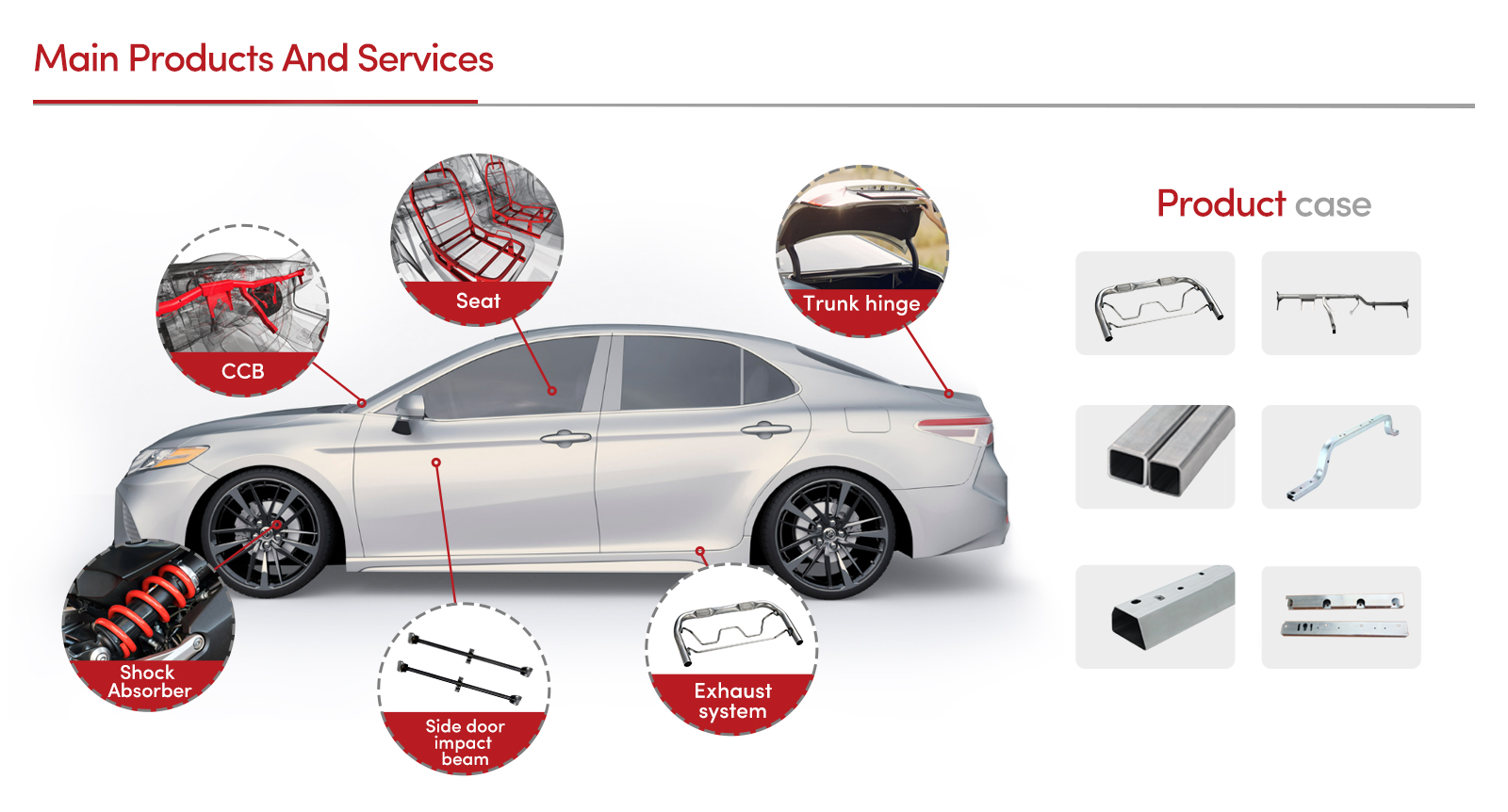

Understanding OEM Car Parts Quality, Reliability, and Performance
When it comes to maintaining and repairing vehicles, the choice of parts is crucial for ensuring optimal performance and longevity. Among the various types of parts available in the market, Original Equipment Manufacturer (OEM) car parts hold a significant place. This article will delve into the definition, benefits, and considerations of using OEM car parts for your vehicle.
What Are OEM Car Parts?
OEM car parts are components that are made by the same manufacturer that produced the original parts used in the assembly of your vehicle. These parts are designed to fit and function precisely like the ones that came with your car when it was initially built. For example, if you drive a Ford, an OEM part would be manufactured by Ford or a company authorized by Ford to produce parts for their vehicles.
The Benefits of Using OEM Car Parts
One of the primary advantages of choosing OEM car parts is their quality and reliability. Since they are produced by the manufacturer, they meet the same standards and specifications as the original parts, ensuring that they function effectively and safely. This is particularly important when replacing critical components such as brakes, transmissions, or engine parts, where performance and safety cannot be compromised.
Another significant benefit is the warranty that often comes with OEM parts. Most manufacturers provide a warranty that covers defects in materials and workmanship, offering peace of mind to car owners. This contrasts with aftermarket parts, which may vary in quality and might not always come with a warranty.

Additionally, OEM parts contribute to the resale value of the vehicle. When it comes time to sell or trade in your car, having OEM parts can increase its value and appeal, as potential buyers often prefer vehicles that have been maintained with original parts. This can be a deciding factor for many when making a purchase.
Considerations When Choosing OEM Parts
While OEM parts are often the best choice for vehicle maintenance, there are some considerations to keep in mind. Firstly, the cost of OEM parts can be higher compared to aftermarket alternatives. This is due to the guaranteed quality and the research and development that goes into producing them. However, many car owners find that the long-term benefits and reliability justify the initial expense.
Another aspect to consider is the availability of OEM parts. Depending on the age and make of your vehicle, certain OEM parts may be harder to find, which can lead to delays in repairs. It's important to work with a trusted dealership or mechanic who can help source the right parts in a timely manner.
Lastly, while OEM parts are generally the safest option, some aftermarket parts can also be of high quality and may be more cost-effective. It is essential to do thorough research and consult with a knowledgeable mechanic to determine the best option for your specific situation.
Conclusion
In conclusion, OEM car parts play a vital role in maintaining the performance, safety, and value of your vehicle. Their high quality and reliability make them a preferred choice for many car owners. While they may come with a higher price tag than aftermarket options, the benefits they offer in terms of warranty, fit, and performance often outweigh the costs. As you navigate through your vehicle's maintenance and repair needs, consider the importance of using OEM parts to keep your car running smoothly and safely for years to come. Whether you're in need of a simple replacement or a complex repair, OEM car parts provide the assurance that your vehicle is receiving the best care possible.